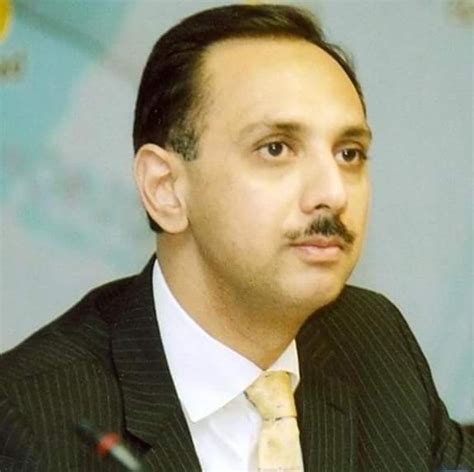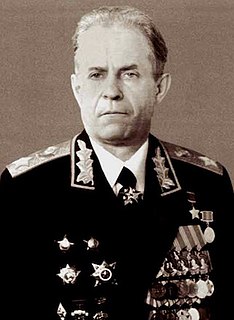A Quote by Antony Blinken
During the Clinton administration, engagement, backed by the threat of force, convinced Pyongyang to freeze its dangerous nuclear program and put a moratorium on the production of long-range missiles.
Related Quotes
The Kennedy Administration's public pronouncements on the matter suggested that the presence of Soviet nuclear missiles in Castro's Cuba would represent an unacceptable strategic threat to the United States. . . . This urgent transformation of Cuba into an important strategic base - by the presence of these large, long-range, and clearly offensive weapons of sudden mass-destruction - constitutes an explicit threat to the peace and security of all the Americas. . . .
North Korea continues to advance its nuclear technology and will soon reach weaponization. Regarding its intercontinental ballistic missiles, it is continuously making progress. So currently, it is urgent for us to freeze North Korea's program so they will stop additional provocations and stop advancement of its technologies. I believe during my upcoming summit meeting in the U.S. I will be able to discuss a two-phased approach to the North Korean nuclear issue - the first being a freeze and the second being complete dismantlement.
I think the danger right now is that without effective inspections, without effective monitoring, Iraq can in a very short period of time measured in months, reconstitute chemical and biological weapons, long-range ballistic missiles to deliver these weapons, and even certain aspects of their nuclear weaponization program.











































